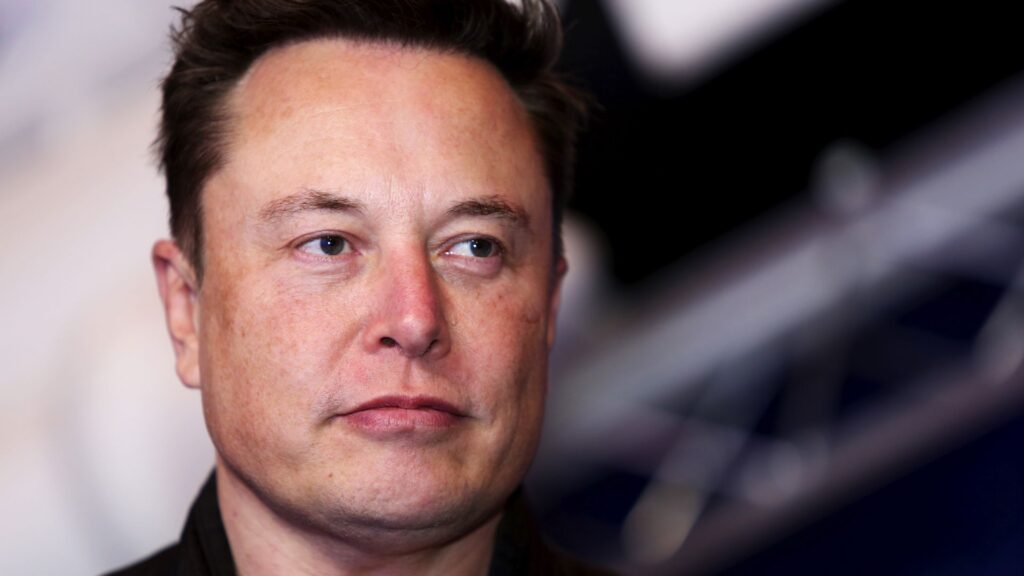How Silicon Valley Shifted Right — And Why It Won’t Reverse Course

Once the global epicenter of liberal optimism and technological idealism, Silicon Valley has undergone a dramatic political transformation over the past decade. Long dominated by utopian visions of progress and open access, the tech elite—figures like Elon Musk, David Sacks, and Mark Zuckerberg—are now reshaping the political narrative around power, speech, and control, not only in the United States but around the world. What began as a mild libertarian current has evolved into an unmistakable rightward shift, driven by frustration with government regulation and cultural constraints imposed by the political left.
Elon Musk’s takeover of X (formerly Twitter) marked a defining turning point. His crusade against what he calls “woke ideology” and his embrace of free-speech absolutism reflect a broader backlash against Silicon Valley’s progressive roots. David Sacks, an early PayPal executive, has become a leading voice for conservative and populist causes through his podcasts and political donations. Even Mark Zuckerberg, long known for careful centrism, now emphasizes “freedom of expression” and skepticism toward centralized oversight—rhetoric that echoes right-leaning discourse on digital governance.
At Donald Trump’s 2025 inauguration, the presence of America’s most powerful tech leaders wasn’t just ceremonial—it was strategic. Elon Musk, Mark Zuckerberg, and Jeff Bezos were seated prominently among dignitaries and cabinet members, a clear signal that the administration intended to engage directly with Silicon Valley’s influence. Their inclusion marked a symbolic convergence of political power and digital dominance.
Behind the scenes, months of quiet outreach had paved the way for this alliance. Musk, now a vocal advocate for free-speech platforms, had been in dialogue with Trump’s team about the future of online discourse. Zuckerberg, whose Meta empire had weathered years of scrutiny over content moderation and data privacy, was reportedly exploring new partnerships with federal agencies. Even Bezos—whose ownership of The Washington Post had once made him a target of Trump’s criticism—was now part of the conversation, especially as Amazon’s cloud infrastructure became central to national cybersecurity efforts.
Their presence at the inauguration hinted at a new policy direction. AI regulation, once a battleground of ethics and innovation, was now poised for a more collaborative approach. Instead of heavy-handed restrictions, the administration appeared ready to embrace public-private partnerships that would accelerate development while addressing public concerns. Broadband expansion, smart infrastructure, and federal investment in emerging technologies were all on the agenda.
But the alliance wasn’t without tension. Content moderation remained a flashpoint, with Trump’s base demanding less censorship and more transparency. Section 230 reform was back in play, and tech leaders faced the challenge of balancing platform autonomy with political pressure.
As the ceremony concluded, one thing became clear: the next four years would be shaped not only by legislation but by algorithms, platforms, and the people who design them. The tech titans weren’t just guests—they were architects of a new digital era in American governance.
The reasons behind this ideological migration are complex. For many tech leaders, the progressive emphasis on regulation, workplace activism, and content moderation threatens innovation and autonomy. As their influence has grown, so has their resistance to oversight. The pandemic widened this divide: while governments imposed restrictions, tech billionaires expanded their empires, reinforcing a worldview that prizes disruption over intervention.
Silicon Valley is unlikely to return to its liberal origins. Today, its wealthiest figures control the platforms that define public discourse, granting them unprecedented power to shape political and cultural narratives. This transformation is not simply reactive—it’s structural. The digital economy rewards dominance, decentralization, and individualism, values that align more closely with libertarian and conservative thought than with traditional progressive ideals.
In this new political order, Silicon Valley’s loyalties transcend party lines—they revolve around power. As its leaders redefine “freedom” in the algorithmic age, the world’s tech capital continues to drift further from its idealistic roots—with no clear path back.
Related News: https://airguide.info/category/air-travel-business/artificial-intelligence/
Sources: AirGuide Business airguide.info, bing.com, reuters.com, yahoo.com, thehill.com, gvwire.com
